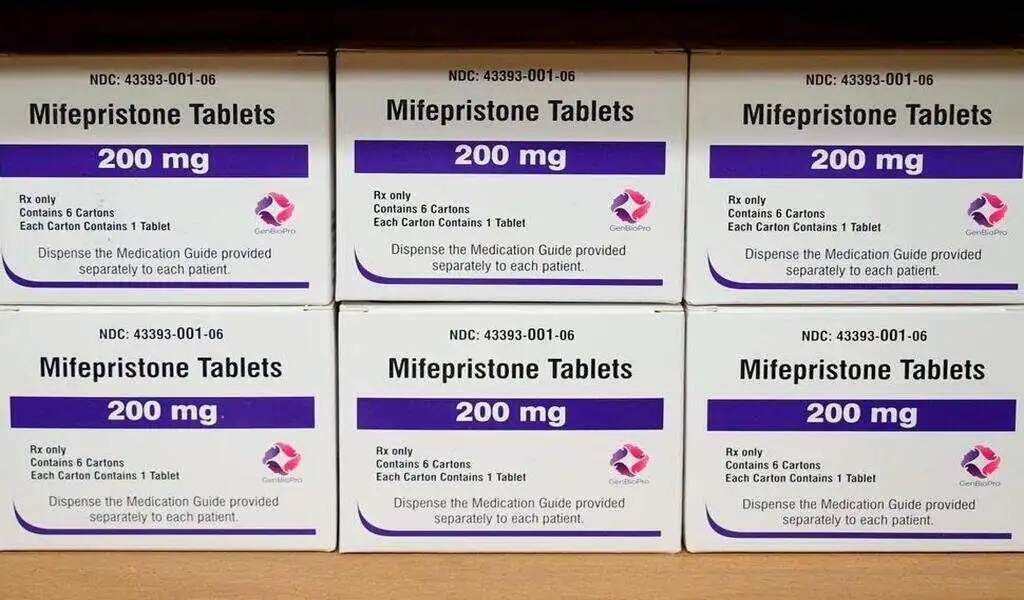(CTN News) – On Tuesday, the Supreme Court will hear a case that could affect women’s access to mifepristone, a pill used in most abortions.
Mifepristone was made easier to get, including by mail-order pharmacies, by the Food and Drug Administration, but serious safety problems were overlooked.
A legal brief filed with the court describes the pill’s safety differently: medical professionals call it “one of the safest medications” ever approved by the FDA, but a Christian conservative group is suing the FDA for “tens of thousands” of “emergency complications.”
This year, a medical journal retracted two studies about mifepristone’s harms. Texas court rulings cited the studies in the Supreme Court case. Despite the study’s lead author calling the retractions baseless, the publisher cited conflict of interest and flaws in the research.
The safety of mifepristone, which is typically used with misoprostol in abortion drugs, is explained here.
Since 2000, what safety limits has the FDA put in place?
Mifepristone was approved by the FDA in 2000.
There are rare cases when mifepristone can cause dangerous, excessive bleeding. The FDA imposed strict safety limits on who could prescribe and distribute it – only specially certified physicians and only after three mandatory in-person appointments with patients.
If the drug didn’t end the pregnancy, the doctors had to be able to do emergency surgery to stop excess bleeding.
A 2021 FDA decision removed any in-person requirements and allowed mifepristone to be mailed without any restrictions. The FDA has reaffirmed mifepristone’s safety over the years.
When do serious problems happen?
Abortion opponents say there were more “emergency complications” because there were fewer restrictions. But that argument lumps together women who had problems with mifepristone — from people who didn’t get the drug to people who just had questions or concerns.
Mifepristone isn’t associated with major or serious side effects, say OB-GYNs.
In a legal brief, medical organizations including the American College of Obstetricians and Gynecologists say: “The likelihood of major adverse events — infections, excessive blood loss, or hospitalization — when used in medication abortion is less than 0.32%, according to a highly regarded study of more than 50,000 patients.”
According to Ushma Upadhyay, one of the study’s authors, serious adverse events include blood transfusions, major surgery, hospital admissions, and death. Adding: “Hospital admissions are for serious but rare events like major infections.”
It has slightly different statistics for what it calls “serious adverse reactions” on the packaging for tablets. According to the article, transfusions happen 0.3% to 0.5%, sepsis happens 0.2%, and medication abortions cause 0.04% to 0.6% hospitalizations. Experts say the ranges reflect results from several relevant studies.
What makes people go to the ER?
Medical groups don’t consider ER visits as a serious or major adverse event, but Mifepristone’s labeling does. Current FDA labels say to go to the ER if you’re experiencing prolonged heavy bleeding, severe abdominal pain, or a fever.
SEE ALSO:
There Are 42% Of Neurological Disorders In The World: WHO Study






